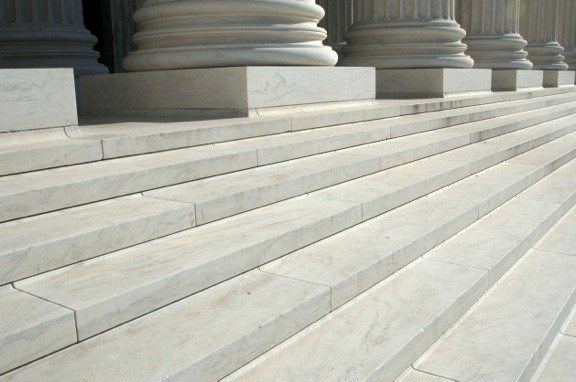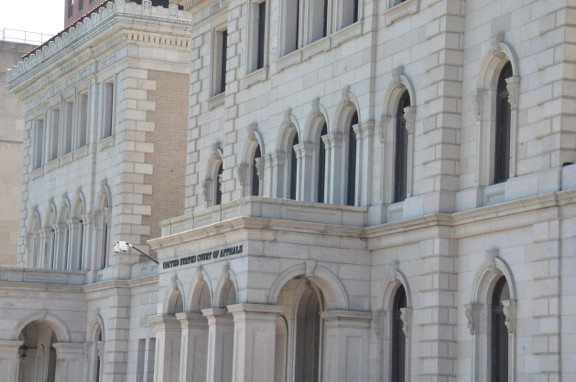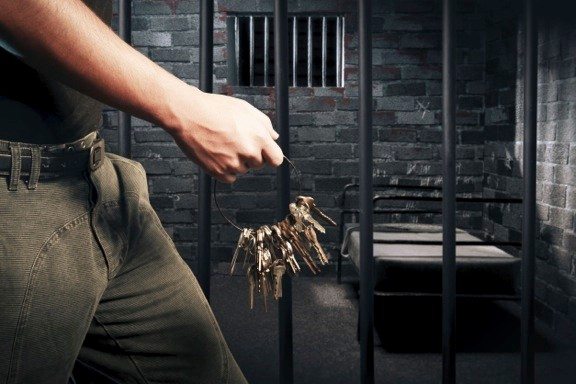
President Trump’s abrupt firing of former FBI Director James Comey, and its related political fallout, has dominated the news cycle over the last week or so. This intense political coverage has overshadowed other significant executive actions taken by the president.
For example, last Monday the president announced 10 judges he planned to nominate for federal court positions. All 10 of these judges have been previously been considered as possible candidates for the United States Supreme Court, but lost out to eventual Supreme Court Judge Neil Gorsuch.
The ten potential judges include:
- Josh K. Bush, Kentucky
- Joan Larsen, Michigan
- David Stras, Minnesota
- Amy Coney Barrett, Indiana
- Kevin Newsom, Alabama
- David Nye, Idaho
- Scott L. Palk, Oklahoma
- Damien M. Schiff, California
- Dabney L. Friedrich, Washington, D.C. (nominated for federal judgeship)
- Terry F. Moorer, Alabama (nominated for federal judgeship)
The judges represent a broad geographic spectrum and are currently hold diverse professional positions, such as some being law professors and other practicing attorneys. Not surprisingly, they all share one professional trait: they are conservative ideologues. Case-in-point: some of the nominees once served as law clerks under Justices Clarence Thomas and the late Justice Antonin Scalia.
Throughout the campaign, Trump promised to nominate conservative Supreme Court Justices and judges to the lower federal judiciary. This promise was fueled by his assertion that there should be less federal court intervention in social issues (unless, of course, the issues promote the conservative political/religious agenda) and to restore “liberty” to the American people without ever having explained how any individual liberties were lost.
To accomplish these political objectives (although the selection of federal judges should never be politically motivated), Trump turned to conservative groups like the Federalist Society to make his appointments. In fact, John K. Bush actually leads a local chapter of the Federalist Society, and Joan Larsen is known to attend meetings and events held by the conservative group.
Three of the judges would replace other conservative judges who were nominated by Republicans. These kinds of political judicial appointments have liberal groups worried about the long term political and social impact these ideologically-driven judges will have on the nation’s political, social, and educational institutions in this country.
A judicial nomination means nothing without Senate approval, as illustrated by President Obama’s nomination of Merrick Garland to the Supreme Court. Democrats will surely remove any of the judges from a fast track confirmation, forcing greater background checks and explanations about their political ideologies.
The nomination and eventual confirmation of Gorsuch was not an easy process, so it may be sometime before these nominees start their new jobs – if they ever do. If and when they are appointed, however, they will be able to serve on their respective circuit courts for life.
These 10 nominations are just the beginning.
There are over 120 openings throughout the lower federal courts. In addition to adding new judges, Trump has also mentioned breaking up the 9th Circuit Court of Appeals, which is the court that struck down his first immigration ban. Republican lawmakers have also moved to break up this court.
What Do Federal Circuit Courts Do?

All of the nominated judges, if confirmed, will be serving on circuit courts around the country. These circuit courts are the next stop if a defendant wants to appeal the decision after a case has been ruled on in a federal district court. Each circuit court (there are 13 total) represents a different district that spans over multiple state lines. Texas, for example, is represented in the Fifth Circuit even though that court is located in New Orleans. The Fifth Circuit is not included in the courts that will possibly see new Trump-appointed judges from this first round of nominations.
If you take a case to appeals court after receiving an unfavorable decision in federal district court, it will be heard by a three-judge panel of circuit court judges. (Learn more about the federal appeals process by reading our previous blog post here.)
What This Means for Those Currently Facing Federal Charges

If you think that you may be arrested or charged with a federal crime, the judges in district and circuit courts will have a big impact on how you spend the rest of your life. Courts with more conservative judges are more likely to be stricter with issues like drug crimes, which Trump has mentioned he wants to make a high priority throughout his presidency.
If the Ninth Circuit Court is broken up and the courts are filled with more conservative judges, Trump may be able to pass more executive actions, including possibly making it easier for him to implement his immigration ban throughout the country.



